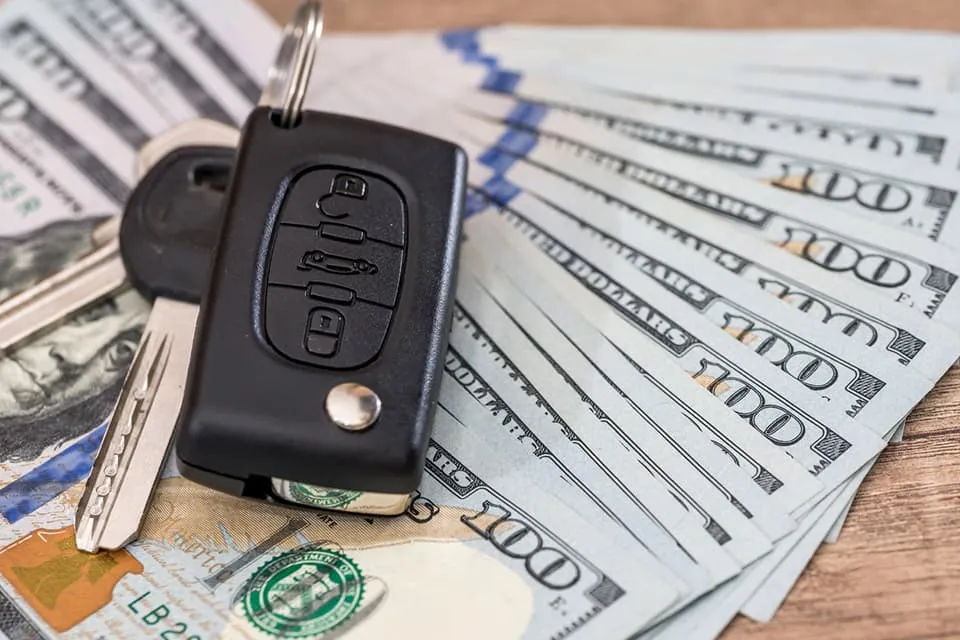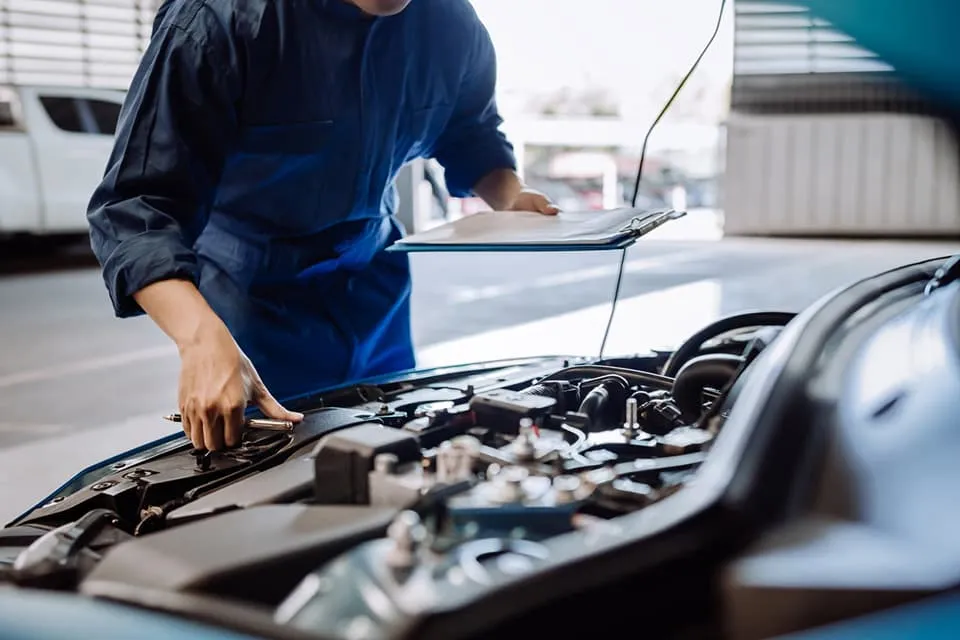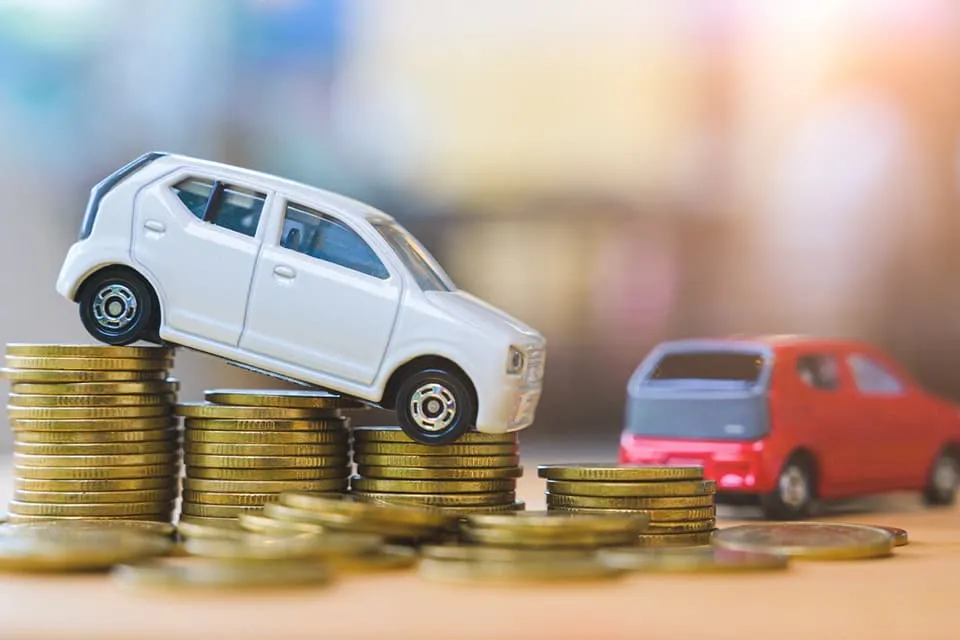What Factors Affect Used Vehicle Value

With the new and used car market heating up, many vehicle owners are wondering what factors influence the value of a used car and how to check it. Whether you are looking to buy, lease, or sell, learning a vehicle's value can be essential for getting the best deal possible. First, let's look at some factors that can affect your car's worth, and what steps you can take to maximize its resale value.
The Factors That Influence The Price Of a Used Car?
The first step to determining your used car's value is to assess what condition it is in and whether it has certain attractive resale attributes. The factors that influence the price of a used car include:
Vehicle Mileage and Age
The manufacturing year and total mileage of your car have a significant effect on its overall value; generally speaking, the older your vehicle and the further it has been driven, the lower value it has. A car with a high mileage necessitates a higher level of maintenance, and older vehicles can often be harder to repair due to the availability of parts.
Car Title
Your car's title can be an invaluable piece of information when it comes to determining overall value. There are dozens of different car titles, all with different implications when it comes to worth and desirability. These include:
- Clean Title: Cars with a clean title will carry higher costs because they tend to be in the best condition. A clean title indicates the car has never been declared a total loss by an insurance organization. These cars tend to need less maintenance and have a longer usable remaining lifespan.
- Antique/Classic Title: The only title that may fetch a higher price than clean is an antique or classic title. These cars tend to be older (at least 20 years old) but may have historical value. Collectors will usually pay a higher price to take ownership of these vehicles, though maintenance can be difficult due to their age.
- Salvage Title: A car that has lost more than 75% of its original value due to wear-and-tear or damage will be given a salvage title. These titles harm a car's value significantly, and while the vehicle may be drivable, it will certainly be in a far less functional condition than clean title cars.
- Rebuilt Title: Sometimes referred to as a reconstructed title, rebuilt title cars have been repaired to meet certain driving criteria. After repairs are complete these vehicles are inspected and declared rebuilt by an insurance company, usually increasing their resale value by a notable amount.
- Water Damage Title: Vehicles that have experienced damage due to natural disasters like hurricanes or flooding will be given a special water damage title. Also known as a flood title, these indicate that a certain level of water damage has been inflicted on the car and it requires a large number of repairs.
- Odometer Rollback Title: Odometer rollback cars have been the victim of a scam known as odometer rollback, in which scammers will intentionally tamper with an odometer to change the mileage of the vehicle. This is done to artificially increase the resale value but once discovered will actually do the exact opposite. Cars with this title are very difficult to resale due to the difficulty associated with finding the true mileage.

Demand for that Vehicle
There are many components of a car that define its demand, namely its color, brand, make, and model. If your car is silver, white, or black, it's usually easier to sell for a high price. Vehicles from reputable brands also have higher resale value, with the specific make and model further informing your car's overall worth. If that make and model are in particularly high demand, you may even be able to sell the car for more than you purchased it for.
The Condition of the Car
Besides the age and mileage, the car's condition is the most important factor when it comes to its value. It can be classified into one of four categories:
- Poor Condition: The lowest tier of the condition chart, a car in poor working order usually suffers from a diverse array of issues. Expect a car in poor condition to have rust damage, mechanical issues, flooding, a bad title, or a complete inability to operate. These cars tend to have very little value, and aren't recommended for purchase. If you do buy a car in poor condition, you can usually count on spending much more to get it in proper working order.
- Fair Condition: While in slightly better shape than a poor car, vehicles in this condition still have their "fair" share of problems. Visual flaws are common, with damage to the interior upholstery and exterior paint being two frequent issues. One large distinction between a poor and fair car is the ability to repair issues with the internal mechanics. A "fair" car has to be possible to fix, while a "poor" car may only be good for scrap.
- Good Condition: For a car to qualify for the "good" category it needs to be in proper working order with no major internal issues. Any problems with the car's internal mechanics should be easy to fix, and the external damage should be cosmetic at most. The interior of the car should also be in above-average shape, with all instruments and electronics functioning correctly.
- Excellent Condition: The best condition a car can be in, vehicle's in the excellent "excellent" category should be in nearly, if not exactly, the same shape they were when they rolled off the lot. Maximum drivability, zero required repairs, and no interior or exterior damage are usually the requirements to have a car classified as "good".
What Is the Value of My Car?

Finding out the value of your car is usually done with research tools like GoodCar's residual value calculator, pricing guides, and vehicle history reports. Vehicle history reports are usually your best option due to their ability to provide all the information you need to determine your used car's value, like:
Title Records
Junk/Salvage Records
Insurer "Total Loss" Records
Pricing
Sales History
Problem Checks
Auto Specs
Location History
NHTSA Crash Test Ratings
NHTSA Recalls
Awards and Accolades
Manufacturer Information
If you are looking to purchase a car, try out GoodCar's lease calculator and GoodCar's loan calculator. These tools help you to determine what your monthly payments will be before you finalize your terms, giving you more power to negotiate the best deal possible.
Used Car Value Frequently Asked Questions
Can I Look up the Value of a Vehicle by VIN Number?
You can find information that can help you determine the value of your car with only a VIN number by using third-party sites like GoodCar. These can give you details about a car's title, accident history, loss records, recalls, residual value, and manufacturer's information. You will also receive data regarding pricing and sales history, which can give you an idea of what your car has sold for in the past.
How Do You Calculate Car Depreciation?
A car's value slowly depreciates over time, and calculating the rate of your vehicle's depreciation can help you determine how much resale value it retains. The formula to determine depreciation is done by taking the car's current fair market value and subtracting it from its purchase price, then taking away any fees or sales tax.
How Do You Calculate a Car's Residual Value?
A car's residual value can tell you how much your vehicle will be worth after the conclusion of a lease. This is usually calculated by taking the manufacturer's suggested retail price or MSRP and applying the residual value percentage set by your dealership or leasing company. Residual value can also be affected by market conditions: if the car market is particularly hot, your car could actually increase in value throughout the duration of your lease.
How Much Does Mileage Affect Car Value?
Generally, the higher the mileage, the lower the car's value. This is because high-mileage cars are more likely to have experienced more significant mechanical issues and require more maintenance. For example, a car with 100,000 miles will usually be valued less than a similar car with only 50,000 miles.
What is a NADA Value?
The National Automobile Dealer's Association is an organization that determines the value of cars, motorcycles, trucks, boats, and RVs. A car's NADA value is determined by a wide variety of factors including:
- Actual Cash Value
- Retail Value
- Auction Value
- Trade-in Value
- Dealer Price
- Private Party Value
Combining the aggregate of these different pricing perspectives yields a NADA value, and can have a huge effect on the amount a car can resale for.
How Do I Check a VIN Number for Free?
There are a number of places to check VIN Numbers for free, including the National Insurance Crime Bureau. There are also several third-party sites you can use that provide a more comprehensive VIN lookup. The more information you have, the better you can negotiate terms and pricing on your vehicle. You can also use VIN lookup reports to confirm the value of a car you want to sell. Try out GoodCar's VIN decoder tool to begin exploring information about a vehicle today!
FREE Vehicle Search
- Accidents
- Problem Checks
- Title Records
- Recalls
- Values
- Specs
-
InfoPay, Inc. (dba GoodCar) is an Approved NMVTIS Data Provider
-
-


























